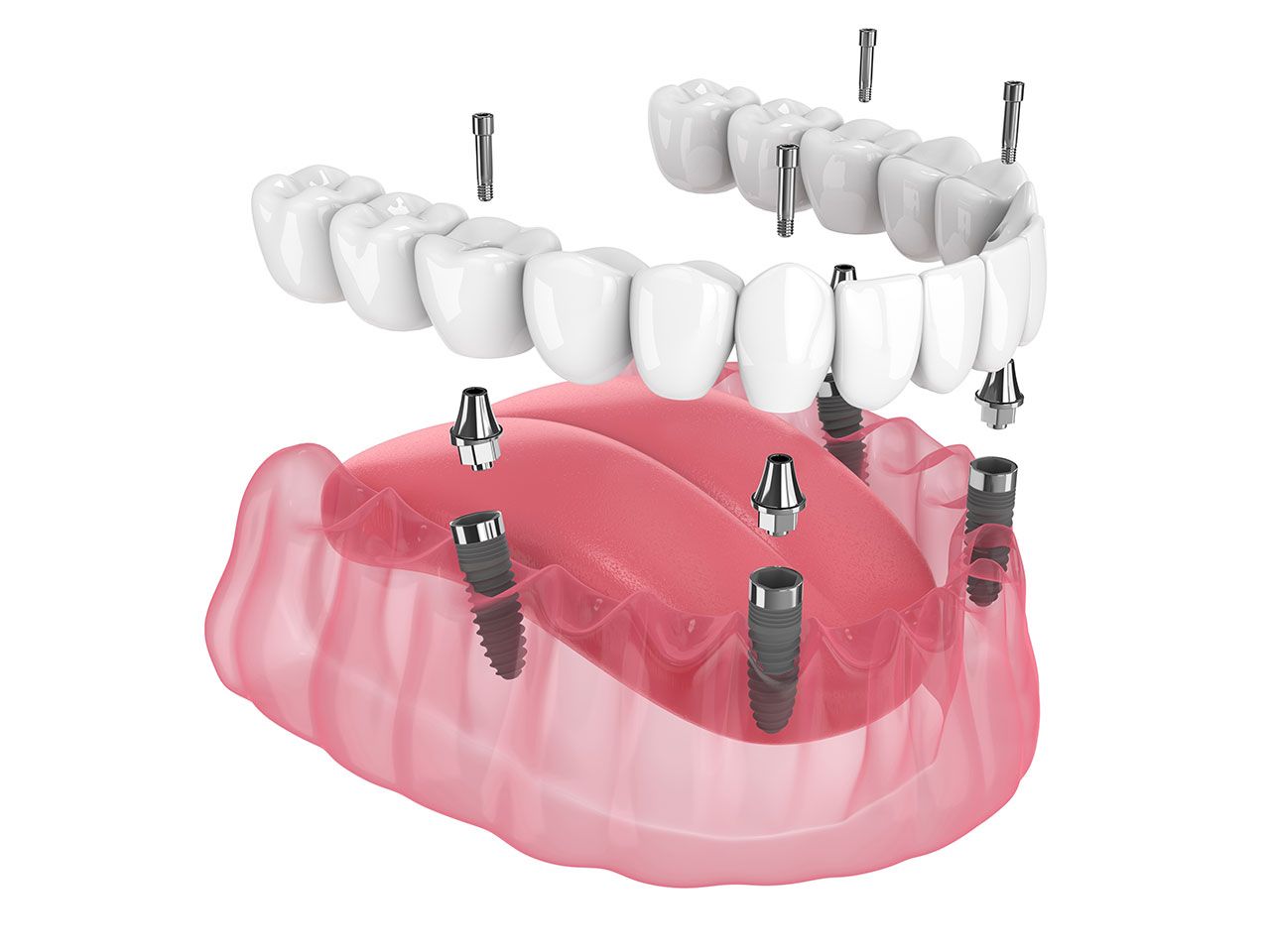A Fresh Start for Your Smile: Why Professional Teeth Cleaning Matters More Than You Think
You know that satisfying feeling right after a good cleaning—like your whole mouth just took a deep breath of fresh air? It’s not just about that squeaky-clean sensation. Professional teeth cleanings go far beyond a polish and rinse. They’re a crucial part of keeping your smile healthy, strong, and, let’s be honest, worth showing off.
But here’s the thing: even with the best brushing habits at home, plaque has a sneaky way of digging in. And once it hardens into tartar, it doesn’t budge with a toothbrush. That’s where your dental team comes in.
Let’s break down what makes professional teeth cleaning more than a routine visit—and why skipping it could cost more than you think.
What Is a Professional Teeth Cleaning, Really?
At first glance, professional teeth cleaning might sound like a fancier version of your nightly brushing routine. But what happens during a cleaning appointment is far more comprehensive—and a lot more powerful.
During a cleaning, a dental hygienist or dentist:
- Carefully removes plaque and hardened tartar (calculus) using specialized tools
- Polishes your teeth to eliminate stains and smooth enamel
- Flosses thoroughly between every tooth
- Often performs a fluoride treatment to strengthen enamel (especially for kids and teens)
- Checks for early signs of gum disease, cavities, or other issues
This deep clean goes where your toothbrush and floss can’t. Even the most diligent at-home routine can’t reach the tiny crevices below the gum line, where bacteria love to hang out and cause problems.
Why Regular Cleanings Are Non-Negotiable
So, why not just brush a little harder or rinse more often?
Because plaque is relentless.
It starts forming just hours after you eat or drink. Miss a spot, and bacteria get cozy, feeding on sugars and producing acids that eat away at enamel. Within 24–72 hours, plaque starts to harden into tartar—solid as cement—and that’s where things can turn south.
Professional teeth cleaning removes that hardened buildup, which helps:
- Prevent gum disease (gingivitis and periodontitis)
- Reduce your risk of cavities
- Keep your breath fresh (because tartar = bacteria = odor)
- Brighten your smile naturally
- Protect your overall health—studies show a link between oral health and heart disease, diabetes, and more
Skipping cleanings can lead to deeper problems—literally. Gum disease can cause gums to pull away from your teeth, forming pockets where bacteria thrive. Left untreated, it can lead to bone loss, tooth mobility, and even tooth loss.
How Often Should You Schedule a Cleaning?
For most people, professional teeth cleaning is recommended every six months. This allows your dental team to stay ahead of problems and keep your mouth in top shape.
However, some people may need more frequent cleanings:
- Smokers
- Those with gum disease or a history of periodontal issues
- People with diabetes
- Patients with a high buildup of tartar
If you’re not sure where you fall, a consultation at Aria Dental of Annapolis can help determine the best schedule for your needs.
Real Benefits Backed by Science
Professional teeth cleaning isn’t just tradition—it’s backed by real research and clinical outcomes.
According to the American Dental Association (ADA), routine dental cleanings combined with at-home oral care significantly reduce the risk of developing gum disease and tooth decay. And the CDC reports that nearly half of adults over 30 show signs of gum disease—many without even realizing it. Regular cleanings help catch early signs before symptoms become severe.
Cleanings have also been linked to:
- Reduced inflammation in the body (yes, your mouth affects the whole system)
- Fewer emergency dental visits
- Better breath and self-confidence
Plus, patients who keep up with cleanings often spend less on dental care in the long run—because prevention is a whole lot more affordable than fixing major issues.
But I Brush and Floss Daily—Isn’t That Enough?
Brushing and flossing are absolutely essential. Think of them as your daily maintenance. But even the best home habits can’t clean below the gumline or remove tartar.
Imagine only vacuuming your home without ever doing a deep carpet cleaning. Things start to build up, right? The same goes for your teeth. Home care and professional cleanings work hand in hand.
What to Expect During Your Visit
Worried it’ll be uncomfortable? Don’t be.
Most professional teeth cleanings are quick, comfortable, and even relaxing for many patients. If you have sensitivity or dental anxiety, let your dental team know—they can make accommodations, from numbing gels to gentle techniques.
The whole process usually takes about 45 minutes to an hour, and you’ll leave with that “just-left-the-dentist” clean feeling—and real peace of mind.
The Takeaway: A Cleaning Today Can Save Your Smile Tomorrow
It’s easy to put off a dental appointment. Life gets busy, schedules fill up, and that reminder card ends up in the junk drawer. But when it comes to your oral health, a little consistency goes a long way.
Professional teeth cleaning isn’t just about appearances—it’s about prevention, protection, and long-term wellness. The more consistent your visits, the better your chances of avoiding costly (and sometimes painful) issues later on.
Benefits of Professional Teeth Cleaning
According to the American Dental Association and Mayo Clinic:
- Preventive cleanings help avoid gum infections that can lead to heart problems and other systemic diseases
- Removal of tartar lowers your risk of developing serious cavities and root decay
- Fluoride treatments (often included) help strengthen enamel and fight decay
- Patients who receive regular cleanings are less likely to need root canals, extractions, or advanced periodontal treatments
That’s a lot of protection packed into one simple visit.
Ready to give your smile the deep clean it deserves? Call Aria Dental of Annapolis at 410-280-5370 to schedule your professional teeth cleaning today. Your future self will thank you.
Share This Post




